Report Shows Bill Paying, Food Among Top Concerns for Hospitality Industry Workers
Photo via Pixabay/ongchinonn
The Employee Benefit Research Institute (EBRI) and Fourth published the results today of a worker hospitality industry case study which focused on the use of earned wage access programs (EWA). The study found that bill paying, food and access to wages were some of the top concerns of the workers.
In the fall 2024, nearly 70 hospitality industry workers were interviewed who used the EWA program, Fuego, during the past 12 months. The survey sought to understand the respondents’ current financial wellbeing, reasons for using an EWA and the impacts of EWA on their financial behavior.
An EWA program offers employees access to their earned pay before the traditional, scheduled payday. With earned wage access, employers can provide greater financial wellness support for their employees which can lead to a happier and more productive workforce.
“At Fourth, we're here to help restaurant owners and their teams thrive,” Clinton Anderson, CEO, Fourth, said. “We've always believed that earned wage access is a big lever for restaurant team members to take control of their finances, feel less stress and ultimately make them more engaged at work. I'm excited to see this study validates that.”
Key findings in the new research report include:
Paying monthly bills was the most common source of financial stress among study participants (60%), followed by not having enough savings in case of emergency (46%) and job/income security (33%).
The most common reason cited for access to earned wages was food, reported by 76% of study participants. The second most common use reported by 47% was rent/housing.
Over half (53%) of study participants indicated they always worry about their daily expenses.
Approximately 57% stated EWA helped them avoid borrowing money from their friends and family and 40% noted it helped them avoid paying late fees on bills. Nearly 32% reported EWA helped them avoid a bank overdraft.
The majority (75%) of users accessed earned wages at least on a weekly basis, as 58% indicated they use it several times a week and 17% said they use it once a week.
Study participants were asked how much of their earned wages they accessed on average. Approximately 41% said they drew $100 or more, 27% said $50 - $99 and another 22% said $25-99.
When asked whether they would be interested in accessing more of their wages earlier, 39% of participants stated yes. Among those, the reasoning addressed cash shortfalls, the economy and basic needs like housing, food or childcare, among other issues.
“Earned wage access programs have many features that could alleviate immediate financial stress by providing a liquidity buffer between pay periods,” Bridget Bearden, research and development strategist, EBRI, said. “At the same time, concerns have been raised over the potential that on-demand access prolongs problems with cash management and, in the direct-to-consumer version, capitalizes on cyclical liquidity crunches through fees. Employer-partnered versions that can waive fees while reducing cash friction particularly when complemented by other financial wellness benefits addressing daily expenses like discounts, have the potential to improve the financial outlook of workers.”
This research study was conducted with the support of Fourth, a provider of Fuego, an EWA and financial wellness solution. For more information, visit www.fourth.com.



